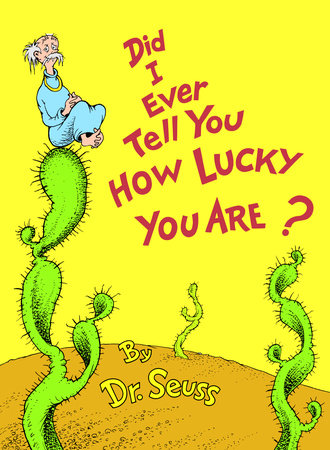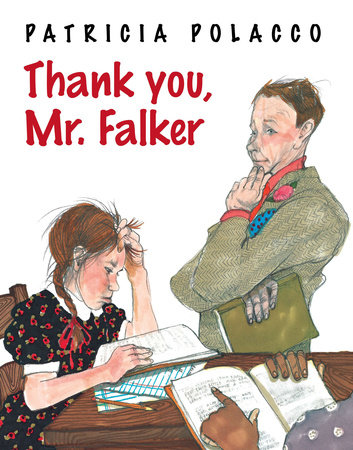For the majority of my now solidly adult life, I have lived under the delusion that I am a balanced person. In my mind’s eye, I navigate life’s drama with ease, poise, and steadiness. I embody both chaos and structure, flexibility and discipline, quietness and verbosity.
Except, it turns out, I do not. At all.
Events over the last few months have brought me to the shattering realization that I am much less balance beam and much more pendulum, on a wrecking ball scale, than I ever cared to admit. What I willingly mistook for nuisance and balance were actually:
- Demolishing my first homemade pie crust attempt on my honeymoon. Then not making another one for ten years! Because if you can’t do it right the first time, you should never do it again.
- Doing no laundry at all. Then fuming through eight hundred thirty-six loads in one day. Because…well, I don’t know why, this habit is completely illogical.
- Sacrificing all carbonated beverages for life. Then drinking one Diet Dr. Pepper (I know, I know…it gets worse) to stay awake after a horrible night of the children playing “Who Can Wake Mom Up the Most” and following that up with three two liters. Because a broken deal equals no deal.
- Volunteering for every imaginable school event. Then in an inspirational moment of clarity, realizing it is all too much and removing yourself from every. single. thing. Because if you can’t do it all, doing nothing is obviously the only option left to you.
- Exercising seven days a week. Then getting sick and never exercising again because that schedule was just too demanding anyway. Because, see above.
In case you are wondering, I do occasionally see that there are other options available to me. But those other options do not fit into my paradigm of being balanced on all or balanced on nothing. Apparently, somewhere along the way I defined “balance” as “standing firmly on one side or the other.” Again, turns out, that is not what that word means. At all.
Walking into the beginning readers section of the library can have this same wrecking ball pendulum effect. You either have “See Jane Run,” with a picture of eyes above the word “see,” a picture of a little girl above “Jane,” and a pair of running legs above “run” or you have the Gettysburg address. There is very little by way of a happy medium. This section of the library should look like the London Underground: covered with signs that say “Mind the Gap!”
Recently, some good friends were lamenting this very fact on a social media thread that I, in an un-stalker-y way, read through but did not insert my twenty cents on. And there it was, inspiration! How great would it be to have a list of books that “Mind the Gap?!” Books for the child past reading the stapled together, one sentence a page books sent home from school but still not ready for Pinkalicious and the Pinktastic Zoo Day, with all its made up words mixed in with words like “unbearable” and “promised” and “suddenly.”
And so, to help with that, here are some trusted authors minding the gap. These are authors who find that balance between having books of substance and length, while still using words that beginning readers are able to recognize or sound out.
Mo Willems -The Elephant and Piggie books are the perfect starter books for the beginning reader. They have the added bonus of being books you will actually enjoy listening to, which matters, as you will be listening to them a very great deal.
Dr Seuss – It is impossible to overestimate the impact of Dr. Seuss on children’s literacy. He did a remarkable job creating fantastic tales out of sight words. One of my daughters had a very difficult time remembering “could,” “would,” “there,” and “where” until she read Green Eggs and Ham, repeatedly. While Hop on Pop may drive you to insanity, it will teach your children word recognition! And just when you think you can’t take it any more, they can turn to Cat in the Hat, One Fish, Two Fish, Red Fish, Blue Fish, or Cat in the Hat Comes Back and amaze you.
P.D. Eastman – A protege of Dr. Seuss, Eastman’s books are often so similar in style they are thought of as works of Seuss’. Like his mentor, these books have an uncanny ability to help children read fluently. Are You My Mother? and The Best Nest have been favorites for my reading learners.
Syd Hoff – From Danny and the Dinosaur to Sammy the Seal, these classics are exactly what your beginning reader is looking for. The stories are fun and entertaining and the language is accessible.
Arnold Lobel – The Frog and Toad books belong on every single child’s book shelf. While technically labeled reading level 2, there are enough recognizable words for beginning readers to not get discouraged. These are excellent for giving confident readers and extra, small, push.
B. Wiseman – Morris the Moose is a lovable, underrated character. These books are usually easy to find. They are almost always available at the library simply because they are often overlooked.
Should you have others you would add to the list, please share! We all need to know what else is out there.
Here’s to hoping that I can follow in these author’s footsteps and find that perfect balance. The year is almost over, surely it is possible. Having said that, the year is almost over so why bother?! Hmmmmm…










